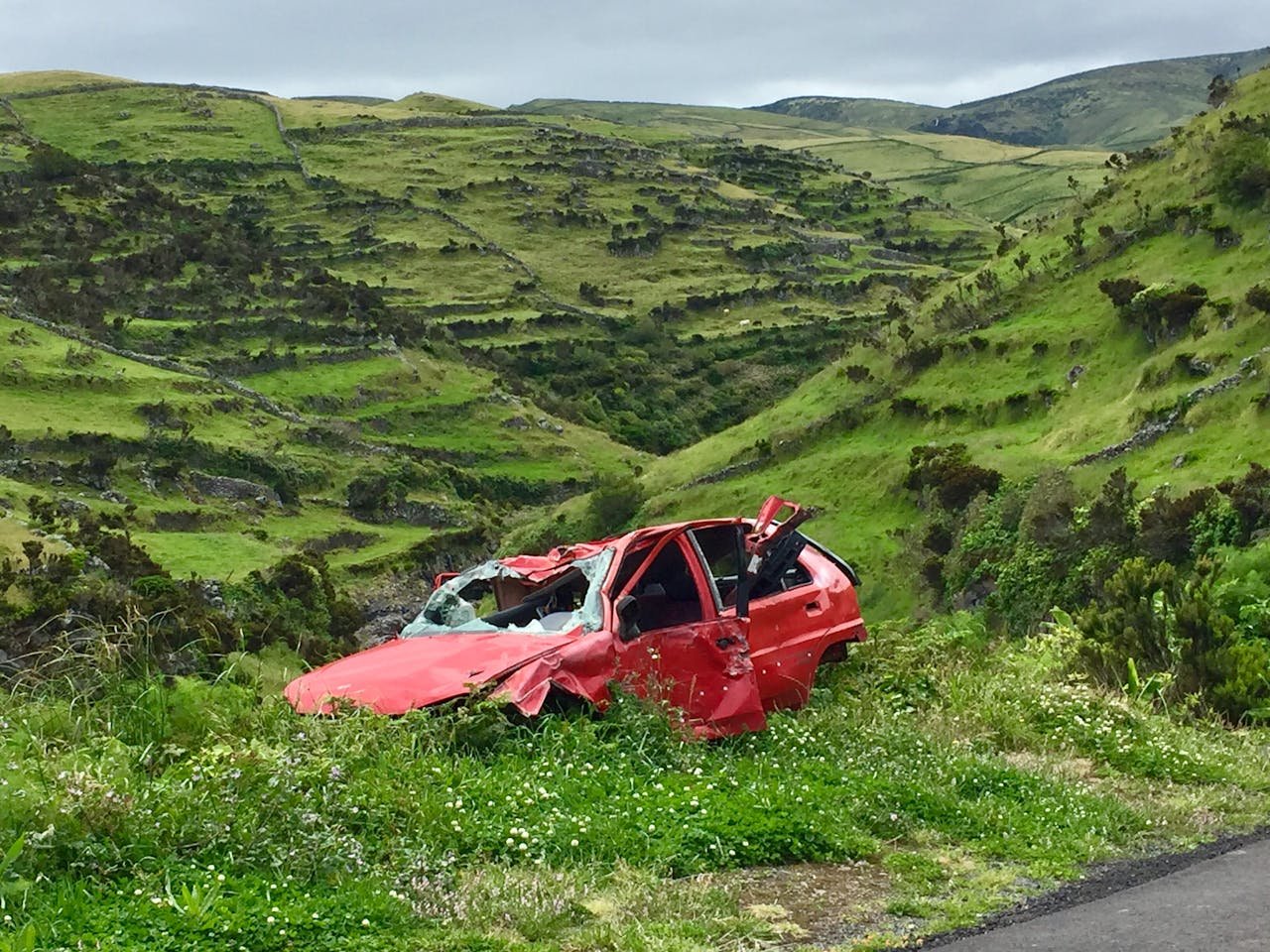Things change as technology progresses. A few decades back, the idea of investigating car accidents through technical reconstructions would have been thought to be straight out of a sci-fi movie. Now, with advancements, lawyers, insurance companies, and law enforcement are equipped to handle investigations augmented by technological innovations. Speaking to a lawyer can help you understand your rights and where your case stands. Before shelling out the big bucks for a lawyer, consider a free consultation with Vendt Accident Attorneys.
Lately, technological progress has greatly changed industries. The investigation of car accidents is no different. With the evolution of tools and systems, there is a transformation happening in how these investigations are carried out. This change not only improves precision but also speeds up the process, providing significant advantages to everyone involved.
The Role of Data in Modern Investigations
Data has become a vital element in the field of investigating accidents. Today, vehicles are commonly outfitted with devices called Event Data Recorders (EDRs) which operate in a manner similar to the boxes found on airplanes. These gadgets gather details like speed measurements and brake usage patterns. They can also identify whether seatbelts were fastened just before a crash occurred. Investigators can tap into this pool of information to reconstruct the series of events accurately, revealing insights that could otherwise go unnoticed.
Digital Reconstruction and Simulation
In the past, accident reconstruction depended on evidence and witness accounts. Nowadays, digital simulations have become a tool for recreating accidents. These simulations gather data from outlets like EDRs, surveillance cameras, and GPS technology. Specialists can then use software to develop 3D models that showcase the dynamics of a collision, aiding stakeholders in grasping the elements comprehensively.
Leveraging Artificial Intelligence
Artificial intelligence (AI) has been making progress in enhancing accident investigations by examining datasets to detect patterns and anticipate possible accident causes efficiently and accurately. With its ability to analyze images and videos alongside extracting insights that human investigators might miss out on, this technology not only accelerates the investigative process but also minimizes errors caused by human involvement.
The Impact of Drones and Aerial Imaging
Accident scene analysis has been revolutionized by the use of drones soaring high above the ground with their advanced cameras capturing images of accident locations from different perspectives. The aerial view provided by drones enables investigators to examine the layout of the scene without interfering with any evidence. Drones are particularly valuable in reaching locations when quick information gathering is vital.
Real-Time Communication and Information Sharing
Progress in communication technology has made it easier for investigators and legal teams to share real-time data efficiently. Cloud-based systems support teamwork by enabling users to upload and analyze data from any location. This connectivity speeds up investigations by providing access to information. Back-and-forth information sharing is key to keeping everyone in the loop.
The Role of Social Media and Public Surveillance
Social media platforms and public surveillance systems add another dimension of information to accident inquiries. They can offer insights from eyewitnesses who frequently record incidents on their smartphones and share them online for all to see and scrutinize. This user-generated content allows investigators to view accidents from unique angles and perspectives not available through conventional investigative procedures. This could help shed light on nuanced aspects of the case.
Challenges and Ethical Considerations
While technology brings advantages and conveniences to our lives, it also raises issues and moral quandaries. Anxieties surrounding privacy emerge when dealing with information from gadgets or social networking platforms. It is crucial to prioritize the precision and trustworthiness of proof, as any manipulation or loss of data might result in the falsification of findings. Striking a balance between the benefits of technology and ethical duties requires rules and supervision.
The Future of Accident Investigations
The future looks bright for accident investigations as technology advances. New developments like self-driving cars and sophisticated sensor setups have the potential to improve the precision of investigations now more than ever before. With these advancements on the rise comes the ability to gather information on vehicle behavior and surrounding conditions, offering an understanding of what exactly causes accidents to occur.
Closing Thoughts
The impact of technology on the investigation of car accidents is immense. It cannot be emphasized enough. Digital tools have completely reshaped every stage of the process. From gathering data to its analysis and communication, they help make investigations more effective. Despite facing some obstacles along the way, the advantages that technology brings to this area are clear and undeniable. As technology progresses further in the future, it is certain that accident investigations will become more advanced and refined, ultimately resulting in safer roads for all.
Photo by Dominika Kwiatkowska:










